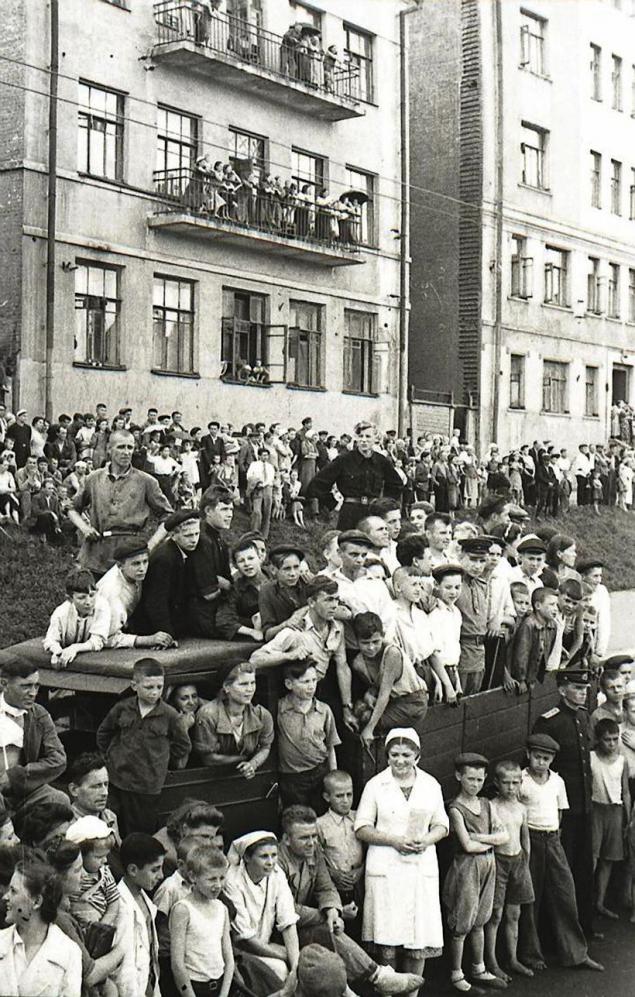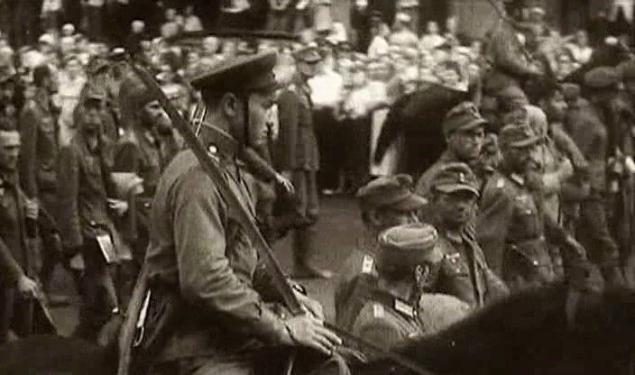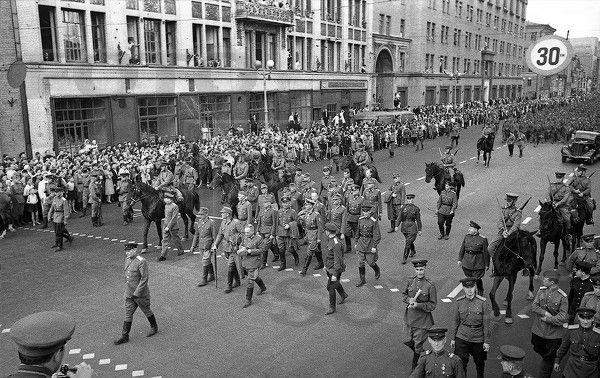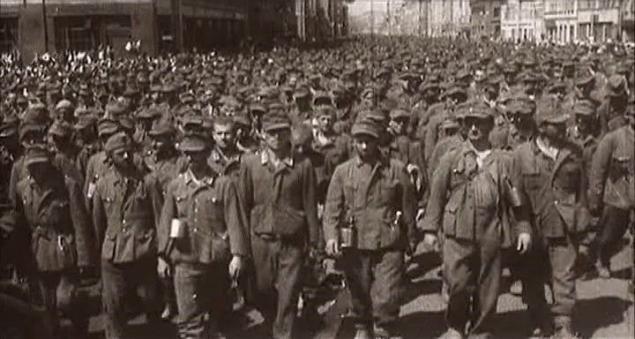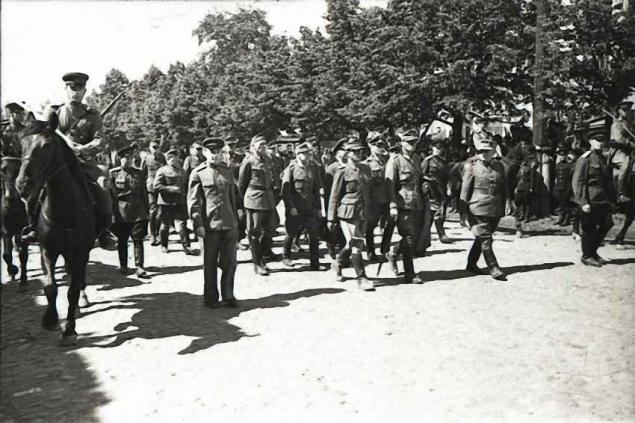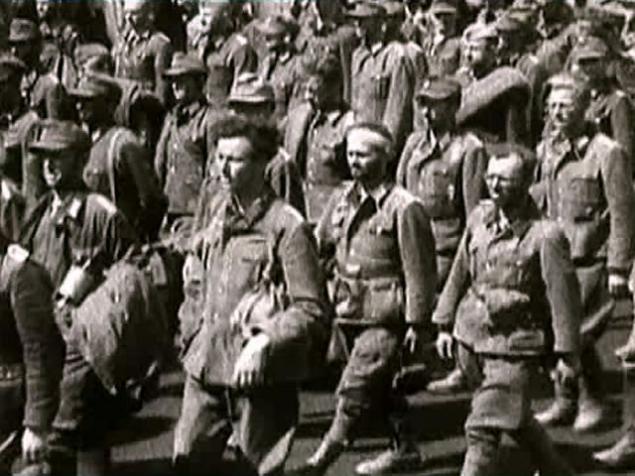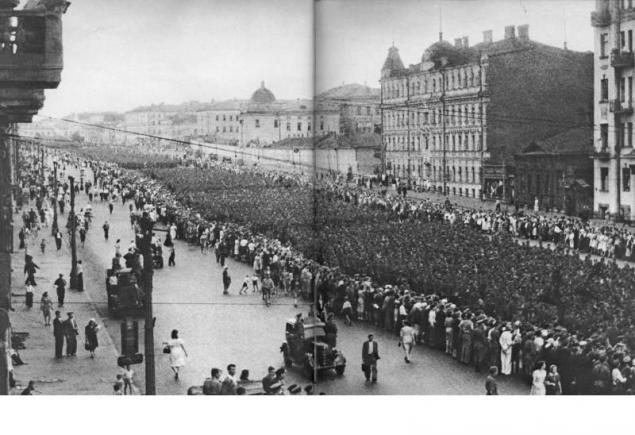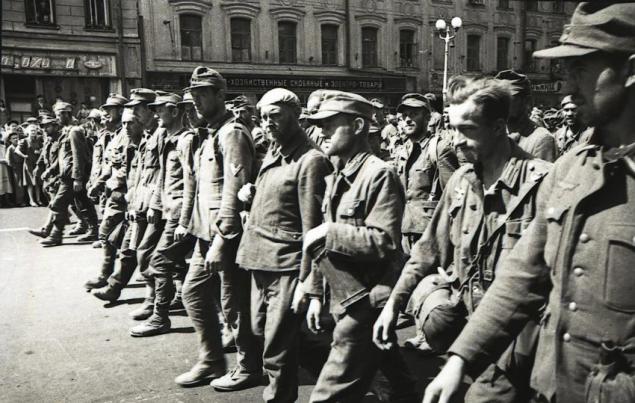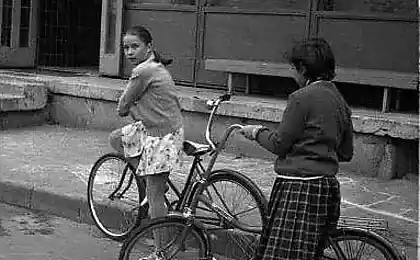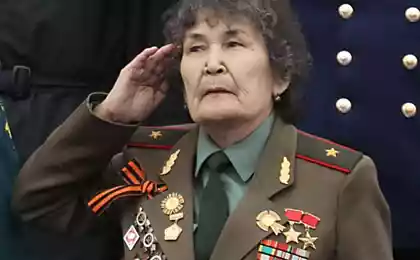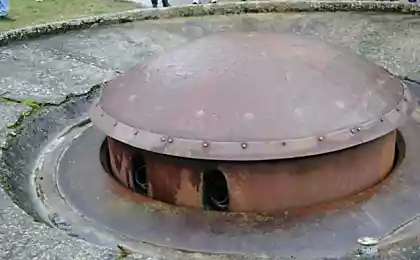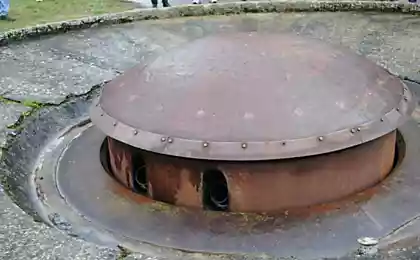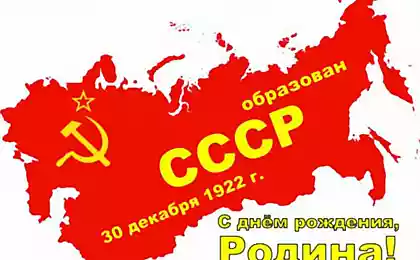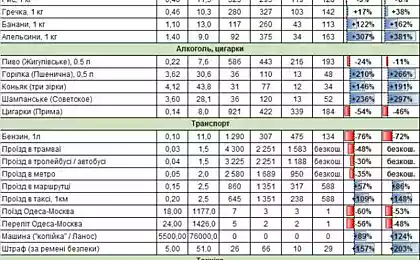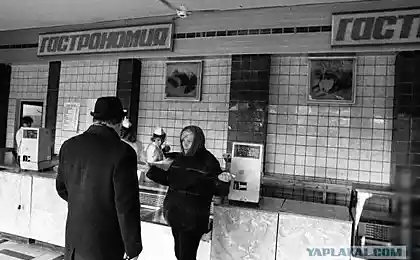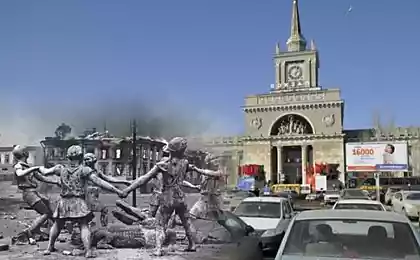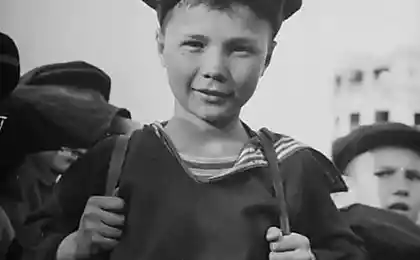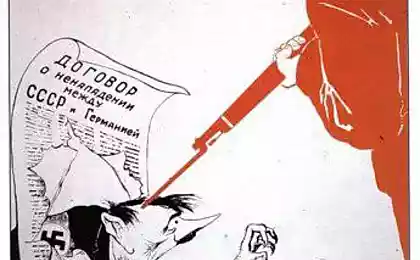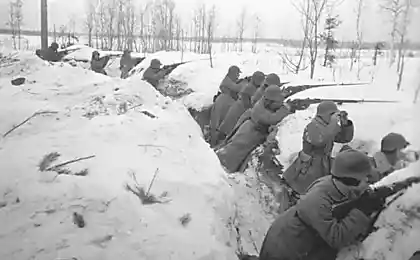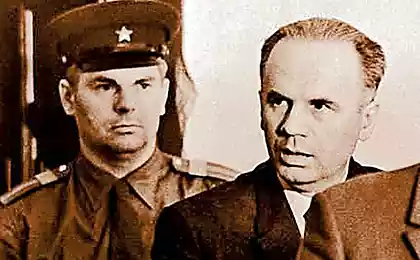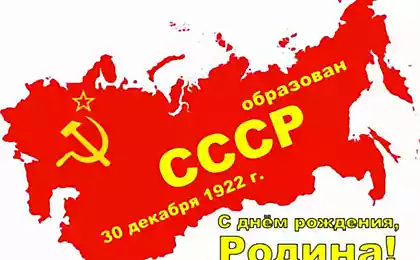4212
Operation "Grand Waltz".

During Operation "Bagration" the summer of 1944 was defeated German Army Group "Center". The defeat of the German forces in Belarus was the most difficult for the Nazis during the entire war. Under the ruins of the collapsed Soviet troops "Belarusian balcony" lost almost all of Army Group "Center": 381,000 German soldiers and officers never saw the "fatherland", and 158,480 captured. Of the 47 generals of the Wehrmacht, who fought as a commander of the corps and divisions, 21 were taken prisoner.
June 21, 1944, two days before the start of "Operation Bagration" Feldwebel Johann Stolz wrote in his letter: "Russian explicitly to something prepared. Let turn up - it will be a beautiful extermination of all Soviet forces. " "Beautiful extermination" over the fact that the service account for losses of the Wehrmacht had to write off the scrap 26 of their divisions. Hitler possessed, not wanting to believe in a catastrophe, ordered some of them to resurrect at the same numbers and names. The defeat was so horrendous that many foreign workers the time to learn about the scale, simply did not believe in the reality of these numbers. Present a good opportunity to showcase the successes of the USSR in the war, to raise the spirits of Muscovites and residents of other cities. It was decided to hold prisoners of the Germans, led by their generals on the streets of Moscow and Kiev. Operations are conducted of the NKVD, it was called by the name of the musical comedy "The Great Waltz". It was announced on the radio in the morning on July 17 and is printed on the front page of "Pravda».
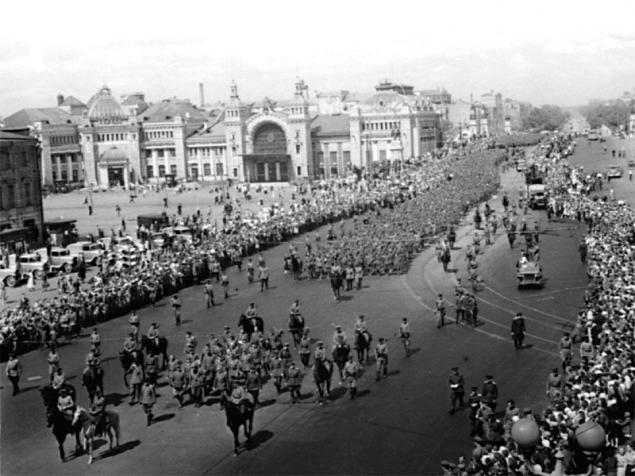
July 17, 1944 in the center of Moscow "dance" in Belarus 57.600 broken warriors. The prisoners were gathered at the Moscow hippodrome and the stadium "Dinamo". Gray-green, dirty mass of prisoners headed 19 German generals. For general's "troupe" hard "vytantsovyvaetsya" huge "ensemble" colonels, among whom were very colorful "soloists": Chief of Staff of the 53rd Corps Schmidt, commander of the 197th Infantry Division Proy, Chevalier of the twelve orders commander devastated 519 th Grenadier Regiment 296 th Infantry Division Eckart ... More to the stage every German prisoners passed a thorough inspection. In Moscow, took only healthy and able to move independently. Firefighters brought the POWs water. It was enough to quench your thirst, but not enough to wash. Go through the capital of the Soviet Union, they had in this form - unwashed, sometimes in the same pants and shoes. But the prisoner was distributed amplified Lunches - porridge and bread with lard.
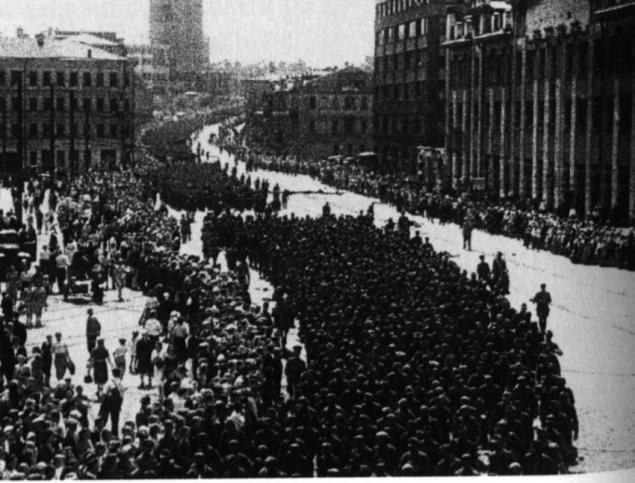
By 11 am, July 17 prisoners were divided into two groups and constructed in accordance with the rank of 600 people (20 people at the front). Led the column of the commander of the Moscow Military District, Colonel-General PA Artemyev.
The first group was held for 2 hours 25 minutes on the Leningrad highway and Gorky Street (now Tver) to Mayakovsky Square, then clockwise along the Garden Ring to the Kursk railway station. Among this group were 1227 prisoners with officers and the rank of general, including 19 generals, marching in abandoned them orders and form 6 colonels and lieutenant.
The second group was held on the Garden ring counterclockwise, from Mayakovsky Square, 4 hours and 20 minutes before reaching the station Kanatchikovo District Railway (then the outskirts of Moscow, now the metro area "Leninsky Prospect»).
Columns horsemen accompanied with drawn sabers and guards with rifles at the ready. The prisoners followed the watering machine, symbolically purifying the land from "Hitler's evil." "Parade" ended at seven o'clock in the evening, when all the prisoners were placed on wagons and were sent to detention. Four prisoners, stragglers from the column, was given medical assistance.
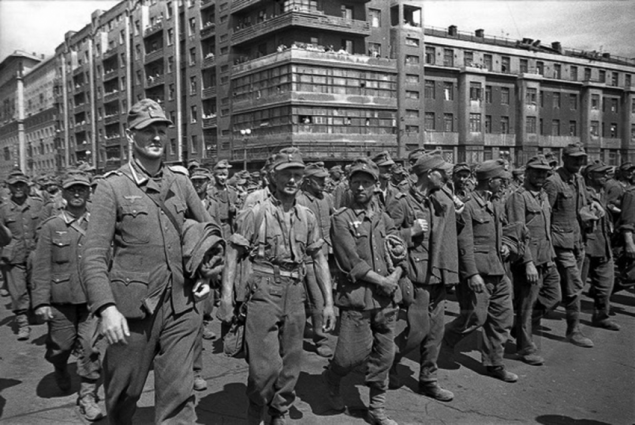
In a report to the State Defense Committee on the letterhead of the NKVD Beria reported that during the procession "of the population had a large number of anti-fascist cries of" Death to Hitler! "And" Death to fascism! '. " However, in general, according to witnesses, aggressive or anti-German attacks were very few.
